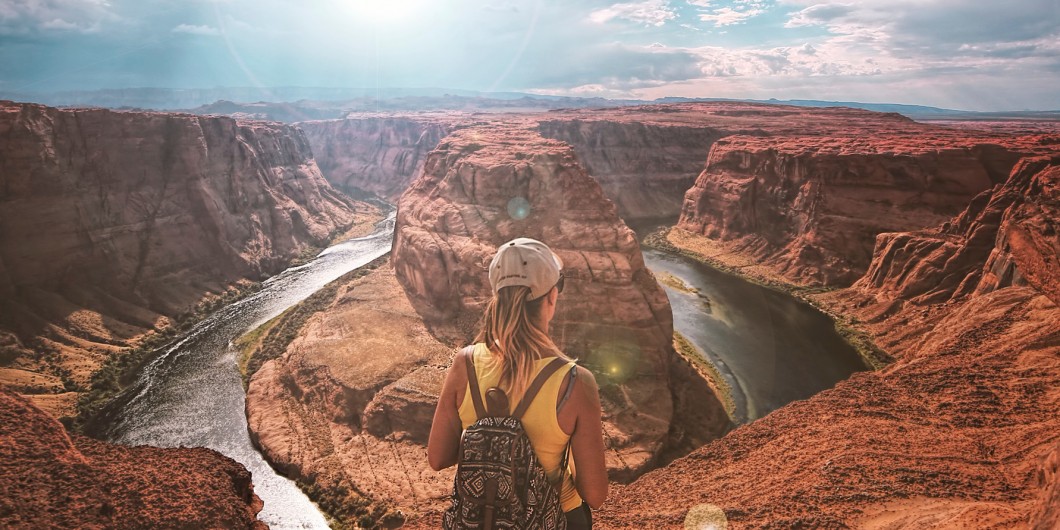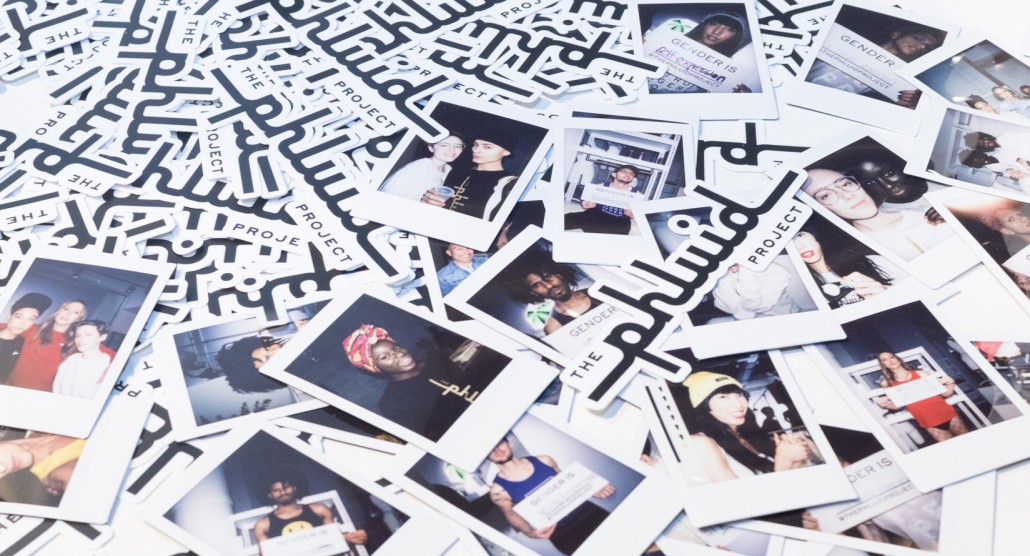The tourism industry is one of the world’s biggest and, according to Travel & Hospitality, a recent study conducted by Havas, this industry will continue to grow by 6.5% annually until 2020. The desire of younger generations (Y and Z) to visit the world contributes to this growth, since for them, travel is a mode of self-expression and development.
Recent trends in tourism are nonetheless rooted in traditional travel motivators. According to McIntosh et Goeldner, two pre-eminent and prolific university researchers in the domain, there are four types of travel motivators: status or prestige, physical, social and cultural motivators.
Physical experience: when wellness is a lifestyle
Travel has always been a way for people to break with routine and jump into an unfamiliar experience: basking in a sun-chair by the ocean, relaxing at a hot spring, climbing a challenging mountain in a far-off land. But if you want to attract a generation raised with sports and wellness as the norm, then you’ll need to offer something more than guided tours of historic cities. “Not only do younger travellers demand more wellness offerings in general,” explains John Bevan, COO de Spafinder Wellness, “They seek more intensive, out-in-nature adventure and fitness.”
This insight was not lost on the founders of the Well+Good website (+8 million unique visitors per month), that launched Well+Good Retreats in 2018: a one-week experience for some 50 travellers who want to combine yoga, meditation, HIIT, paddle board or horseback riding, with workshops about healthy cooking or Japanese medicine… all hosted by well-known influencers in the field. TrendHunter has even coined the word “fit-cation” to describe this blend of fitness and vacation.
Cultural experience: living like a local and not just visiting
Travellers want to discover a new region thoroughly, including its history, lifestyle and culture. For young globetrotters, the standard offers of mass tourism (and some travel agencies) are not enough. They don’t want to visit a city, rather, they want to experience it like a local.
The desire for cultural immersion has been the cornerstone of Airbnb since it was first launched. But this disrupter of the hotel industry has gone beyond accommodations to offer travellers even more. Most notably, the brand developed Airbnb Experiences, which offers immersive experiences with locals, like cooking with a French chef, exploring street art in Brooklyn with a New-York street artist, learning capoeira with a Brazilian master, and other insider activities.
Social experience: globetrotters looking to meet like-minded others
Humans are social animals and travel is an opportunity to meet other humans. Club Med (and the Cap d’Agde resort) has largely built its success on this basic human need. Consider that 35% of Millennials claim to choose their accommodations based on the potential to meet other travellers. This also explains the resurgence of youth hostels.
This motivator is not restricted to young people on modest travel budgets either. Large hotel groups, including Marriott and Hilton, are now redesigning their spaces to add more common areas where visitors can mingle and meet. There’s also the AccorHotels Group, which launched the Jo&Joe brand, offering an Open House in destinations around the world. This concept combines the best elements of a hotel, hostel and vacation camp to create an ambience where Millennials can get together over a beer or through an activity… or even via the brand’s mobile app.
Status or prestige experience: “Show me where you go on Instagram and I’ll tell you who you are”
With 70% of Millennials claiming to be defined by how they travel, it’s no surprise to see what a role Instagram plays in their travels. In fact, nearly two-thirds of those 18-34 years of age state that their number one criteria when choosing a destination is whether it’s “Instagrammable”. Whether it’s sharing the warm ocean waves of Nicaragua in February or the trendy design of a new boutique-hotel in Manhattan, we are ever eager to share travel images with our virtual community.
Many big players in the tourism industry are benefiting from this wave to offer customized travel packages. For example, Uniworld and Contiki are two companies that offer Insta-proof travel experiences: gorgeous dinners, design accommodations and activities that will make followers envious. Envy is a very powerful motivator on social media, leading users to transform every experience into a photo opportunity. What are we more in love with: travel or what travelling says about us? A good question to ponder on some faraway beach, perhaps.
Image by Drif Riadh


